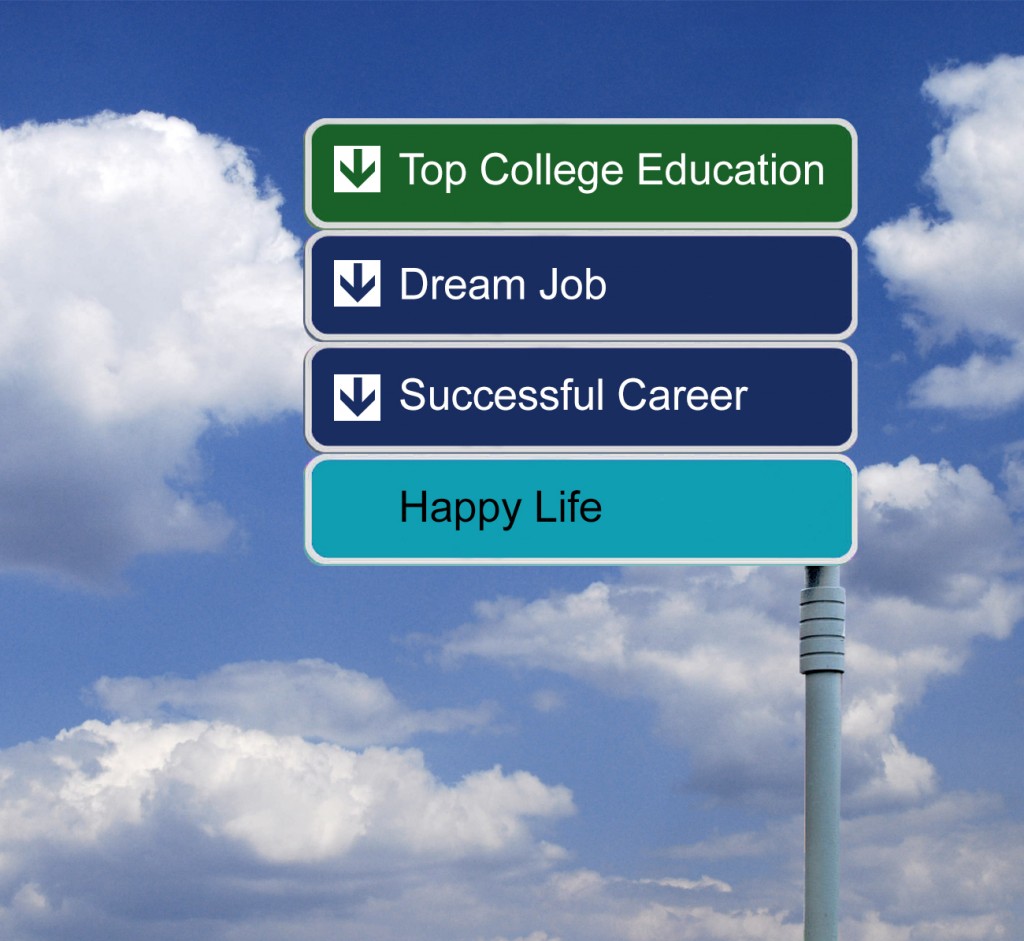Even though college education is a basic requirement for career success, not all colleges benefit their graduates to the same degree. Your child’s future partly depends on which college they attend.

Graduating from a top college will give your child unique advantages and benefits that will enhance their entire career. Statistics show that it is very rare for graduates from lower-ranked schools to attain a similar degree of success. The brand recognition, career network, top-tier education, and valuable experience that top schools provide will propel your child toward success. The stakes are extremely high, and so is the competition.
Brand Recognition
Graduating from a top school will give your child instant credibility. The school’s brand will be transferred to your child, and they will be able to benefit from that brand for the rest of their life. In fact, the real-world value of your child’s education largely depends on the strength and reputation of their college’s brand view on website.
The quality of the job opportunities your child receives after graduating will depend on what school they attended. Only so many exclusive finance, consulting, and tech positions are available each year, and an overwhelming number of these jobs are given to students who graduate from the top 25 schools in the US. Graduates from these exclusive colleges get offers from the most prestigious and high-paying firms.
Similarly, only so many graduate school slots are available each year. Graduates from the top 25 colleges have strong admissions results at the highest-ranked graduate schools because these schools look for applicants from the best undergraduate programs.
The college or university your child attends will directly affect their chances of obtaining a prestigious job or being accepted into graduate school.
A Strong Network
Successful careers often depend on who you know, not just what you know. Therefore, it is vital for your child to gain a strong career network in college. The better the network, the greater the opportunities.
Attending a top college means becoming part of a distinguished professional network. Your child’s classmates, professors, and alumni will provide them with invaluable opportunities. Having close connections with influential people (often the leaders of their respective fields) will jumpstart your child’s career.
For example, 59.4% of Yale University’s Class of 2016 found their jobs through a Yale Career Strategy resource, a faculty referral, Yale alumni networking, campus recruitment, or another Yale resource.
Additionally, the college your child chooses will affect more than their professional life—your child’s spouse and lifelong peers will likely be classmates. Your child’s choice of school will also determine the kind of people they will befriend and interact with during their studies.
Education and Experience
The top private colleges and universities in the US provide the highest quality education available worldwide. Ivy League schools and other competitive institutions such as MIT, Stanford, and Duke offer strong academics and opportunities that prepare students for exceptional careers.
If your child gains admission to a top college, they will learn from the best professors and have access to research grants, funding, and facilities that simply aren’t available for students of lower-ranked schools.
Long-Term Benefits
The prestigious reputation, exclusive career network, and top-notch education that leading schools provide will have a lasting impact on your child’s future. Attending a lower-ranked school limits a student’s professional advancement and may hinder them from achieving their career goals. In contrast, attending a top college is an https://shopmaster.com.ua investment in a high-trajectory career—and such careers are hard to achieve without the benefits of attending a prestigious institution.
Perhaps no other investment will result in such meaningful and long-term benefits as attending a top school. Despite the efforts and costs required to attend a prestigious university or college, the tangible benefits of doing so are irreplaceable.







